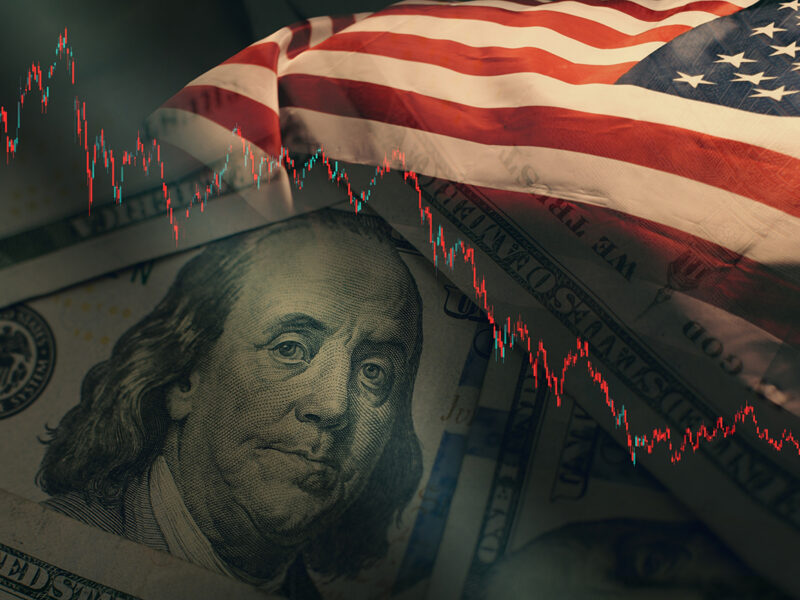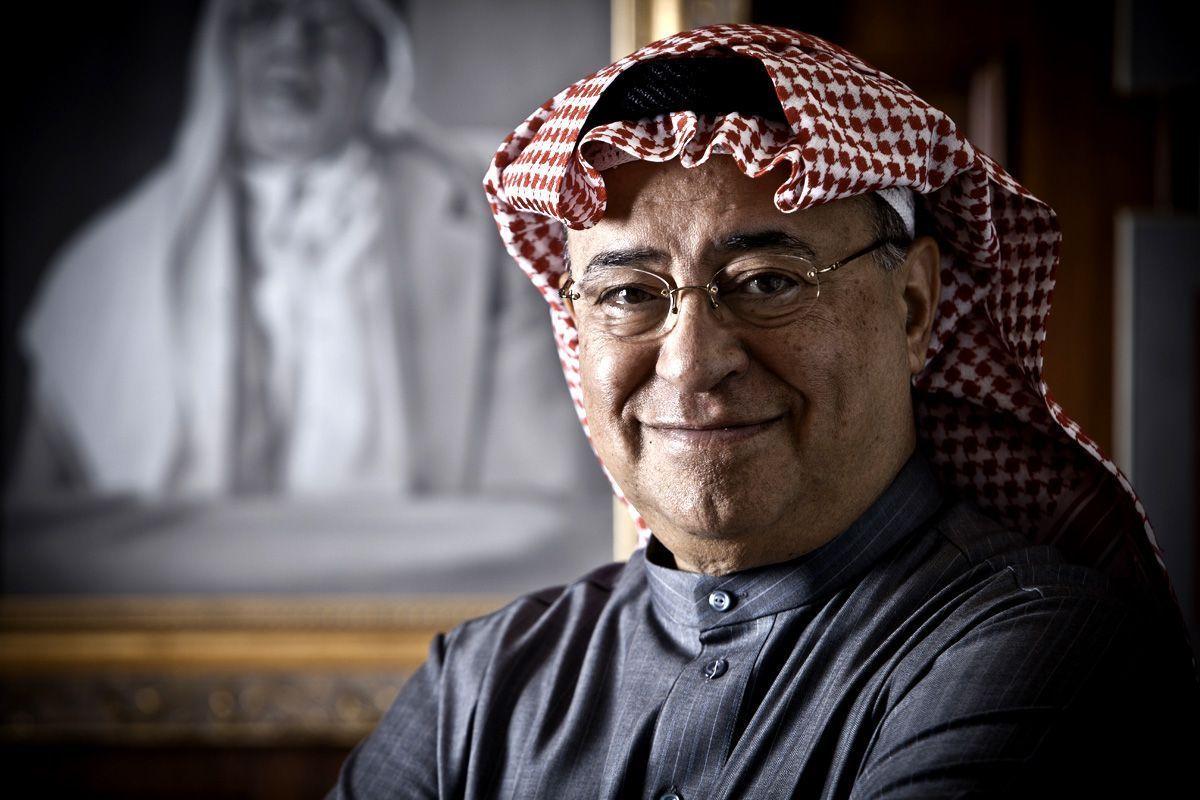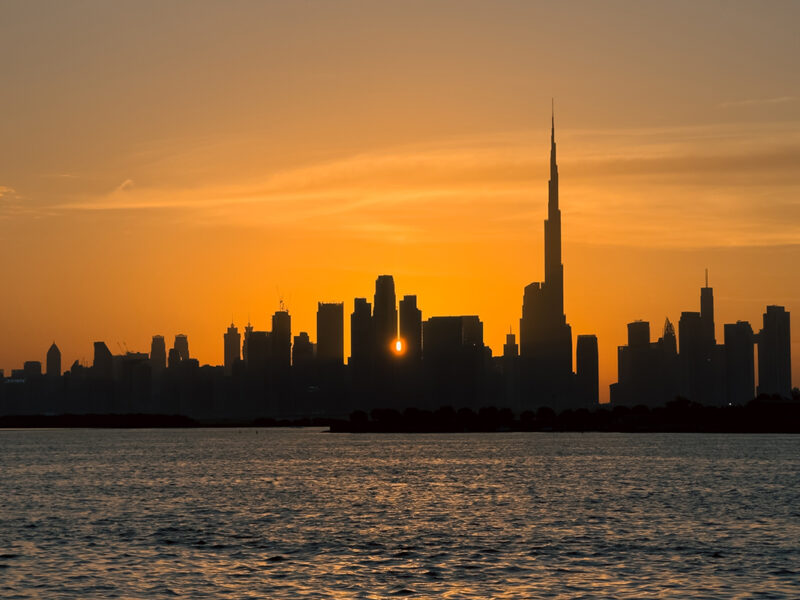Adel Aujan is in a good mood, and so he should be. Two hours before we meet, he has just inked a deal that will see Coca-Cola pump $980m into his company Aujan Industries, for a near 50 percent stake. His revenues this year will touch a record $850m, and in the past twelve months, 95 million cases of his drink Rani were sold.
Last week, the biggest privately owned beverage company in the GCC. This week, a major global force.
“This deal is a game changer for us; it takes us to another level. In five years time, I think you are just as likely to be sipping a can of Rani in New York as you are a can of Coke,” says Aujan.
Few would bet against him. In the past, everyone who met Adel Aujan always said the same three things about him: warm, charming, friendly. Now they can add a fourth: legend.
The deal is staggering by every measure. It is one of the largest ever investments by an international player into an Arab company, and it opens up a chain of doors that will take Aujan into brand new markets, new distribution systems, new manufacturing technologies, and most of all, hugely increase its capacity to produce the already best selling drinks. If you thought its two self made brands Rani and Barbican were big before, you ain’t seen nothing yet.
“It’s taken a long time. As we started growing and the numbers became hundreds of millions, we became a major force in the Middle East. We became a big player and we saw that we are not competing against the little bottle down the street, we are battling against big multi-nationals. This is a different ball game,” says Aujan, adding: “I said seven years ago if we don’t align ourselves with somebody strong were going to be in trouble. So that started my thinking. Many years ago we began a friendly dialogue with Coke and it became clear to me that Coke is the right partner for us. I think this deal is a big leap for us from being a Saudi international to part of a global group. We can now compete and fight against big global companies.”
Aujan has been doing a pretty good job of that already. This year’s revenues of $850m are more than double the figure just five years ago. All this comes from sales of just three brands, with 95 million cases of Rani shifted in the past twelve months. It is the number one juice drink in the Middle East, witnessing a 23 percent rise in sales year on year. Not bad for a drink that only came to life in 1982. The same decade also the launch of Barbican which is now the number one malt-based drink in the GCC, Jordan and Iraq (apart from the KSA where it is second in the market). In the 1920s the company acquired the Middle East licence for Vimto, and so far this year has sold over 30 million of its drinks.
Article continues on next page…
With so much to shout about already, what can Coca Cola add to the party? The biggest change is likely to be in terms of capacity. Everyone loves Aujan’s drinks, but the fact is not everyone can get them. The company already operates manufacturing facilities in Dammam, Dubai and Iran. But each factory can cost $150m to build, and even the existing ones cannot roll out enough drinks to satisfy demand.
“The biggest problem in the past is we never had capacity. Four years ago we said we will allocate capacity to Egypt and within three years we gained ten percent market share. Each year we have doubled our business there, even during the Arab Spring. That shows you the strength of the brand. So one of the benefits of this deal is that a great part of the money will be allocated to extending our capacity in production. We have plans to build two more factories in next five years. We will also increase capacity in our current factories,” says Aujan.
He adds: “The benefit is also that Coca Cola will take Rani and Barbican and develop it worldwide. They run it through the Coke system. They already have the distribution systems, so a drink like Rani can now be produced in South America or Indonesia, or anywhere that they are.”
There is of course also a huge advantage in partnering with a company the size of Coca Cola. Aujan explains: “This gives us a major financial advantage against our competitors, especially when it comes to economies of scale. We buy 100,000 tonnes of sugar a year — they buy 100 million tonnes. You can work out very quickly what a huge leap this gives us when it comes to procurement.”
As well as new factories, Aujan has his eye on creating new drinks with his new pals at Coca Cola. The deal will take around six months to complete, and following a name change for the company that will see Aujan retain the first part of any new name, the action will really kick off next summer. Under the terms of the deal, Coca Cola will take a 50 percent stake in Aujan’s trademarks company and a 40 percent stake in its distribution and manufacturing operations.
But Aujan’s 2,500 staff or senior management have nothing to fear. There will be no job losses, and no additions or changes to the board. He explains: “We are family owned, but unlike many others the family don’t run it. The family is in the board and specifies the goals, but actually it is run by professionals from all over the world. Our CEO was from Coca Cola. We hire the best and they run it. So we have started this process and with Coke on board it will get even better. They have been at it on a much larger scale than we have.”
Though with such an attractive and willing partner, some experts have wondered whether Aujan was not tempted to sell the whole company? “Absolutely not! No this will not lead to a full takeover, we have not contemplated that. If we wanted to do an outright sale we would but it would be a much higher price!”
Either way, the deal marks the latest phase in a remarkable story. Although the family hails from Saudi Arabia, the roots of the business can be traced back to Bahrain. Abdulla Aujan & Brothers was first established there in 1905 as a family operation which traded tobacco, rice, beverages and other commodities. By 1928 it had obtained the Middle East licence for Vimto, giving the company the platform to grow its drinks operations over several decades, before launching its own brands in the 1980s. In 2005 it embarked on the ambitious 555 programme, to generate $500m in revenues within five years, from just five brands. That took just three years to achieve.
Over the past three years, there has been mooted talk of an IPO, though Aujan says that is now “completely off the table.”
As for the chairman himself, now 66 years old and with 40 years of experience at the company, he is quick to put down any suggestion that this may now be the right time to step down.
“On the contrary this is the most exciting part of my career, having taken it to this stage in the last 40 years this is the most interesting part. I have made this big decision and I am confident of the success it will bring. I don’t think there is risk because I have been thinking about this for a long time. I don’t see any downside for us,” he says, adding: “I finally found the area where I am happy for my company to rest and I have found the boat to take us on the voyage to the future.”
At this rate, that promises to be a journey worth following.









